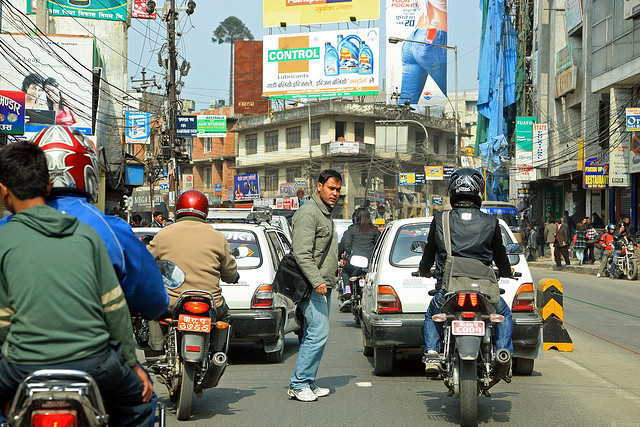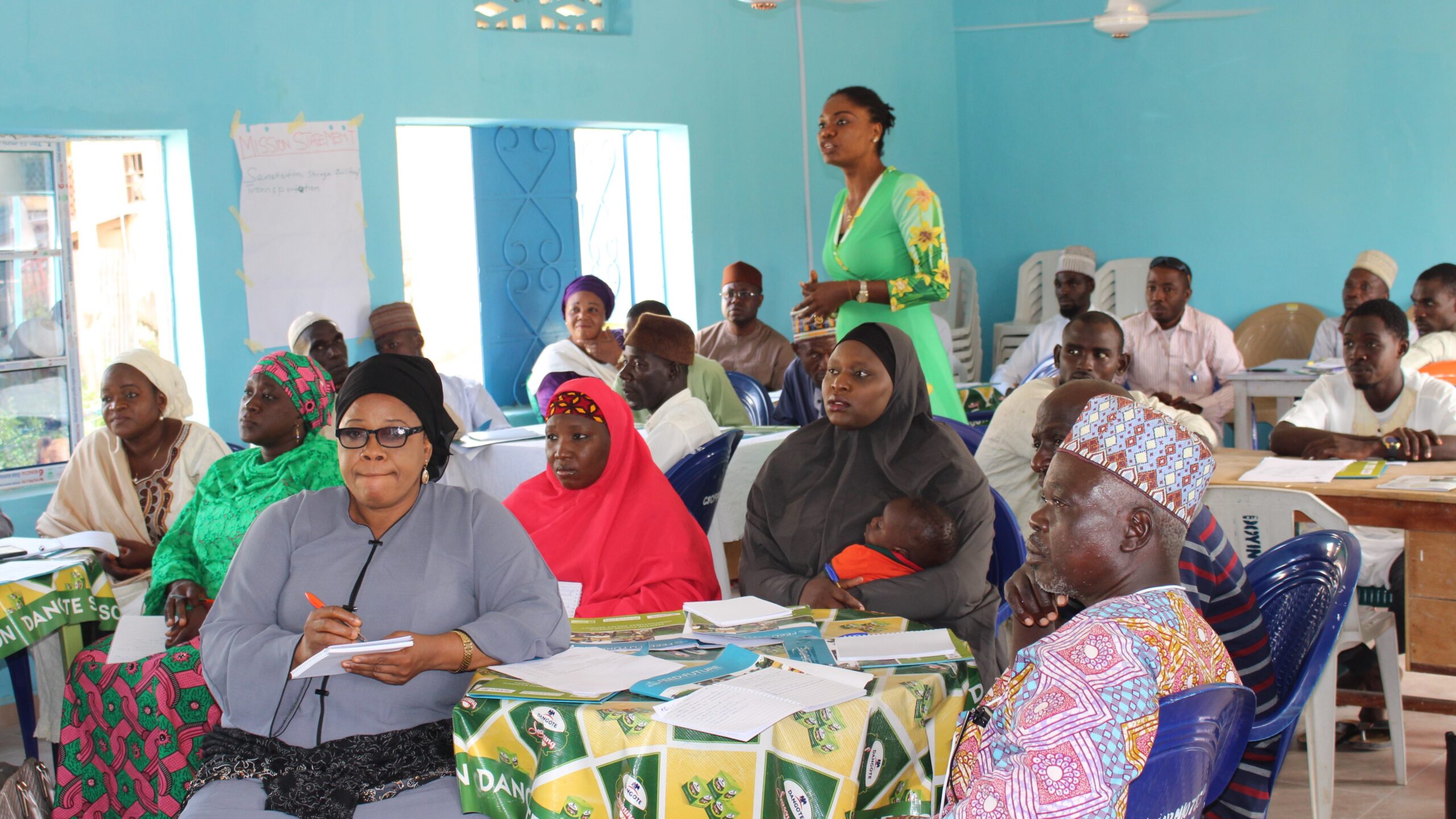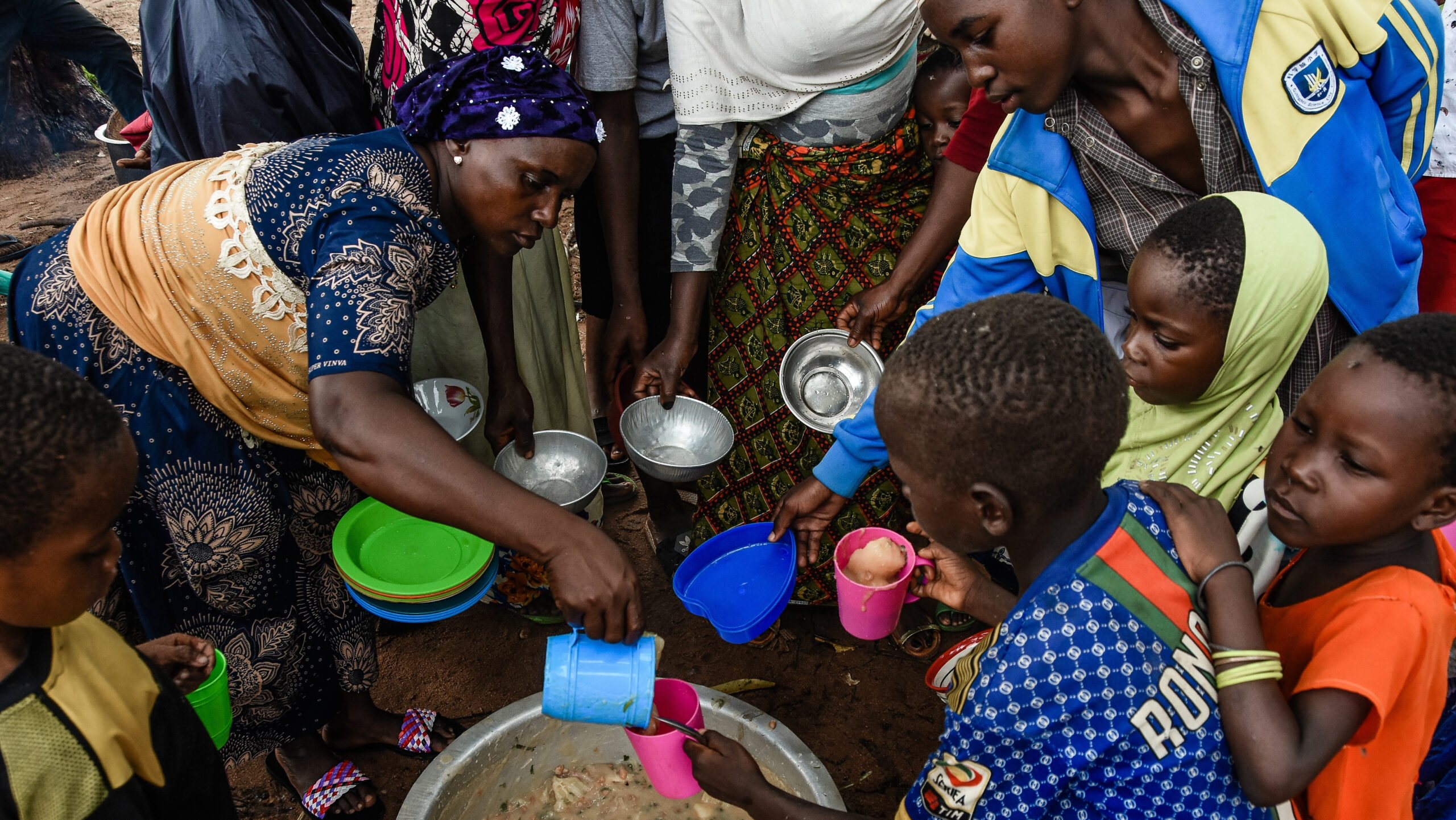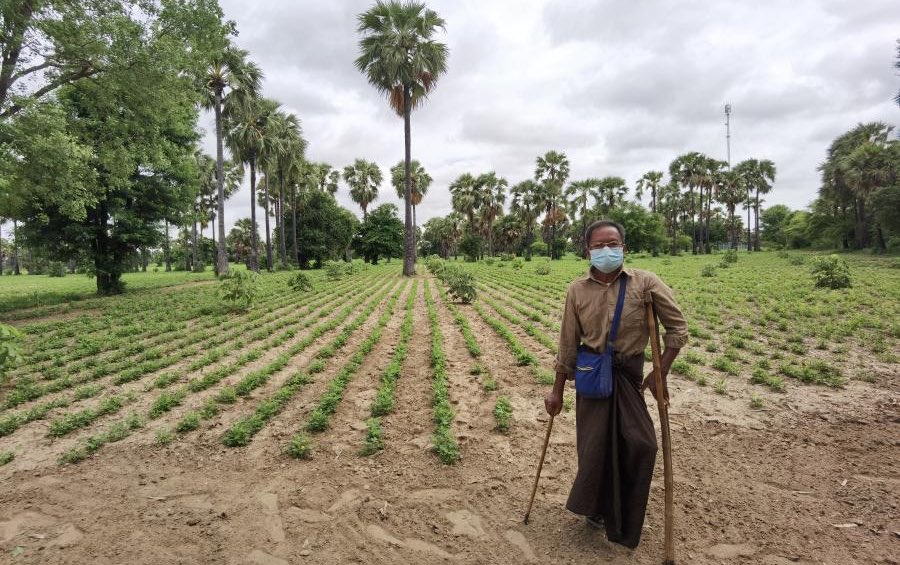As the impacts of climate change, environmental degradation, and conflict continue to grow and intensify, so too will migration. However, what impact this increasing scale of migration has on the workforce in host communities is largely unknown.
In their discussion paper, Environmental Migration and Labor Markets in Nepal, IFPRI researcher Valerie Mueller, former IFPRI researcher Jean-François Maystadt, and Ashwini Sebastian of the University of Maryland take a closer look at the impact of internal migration due to various shocks—particularly those that are weather-related—on Nepal’s labor markets.
Reviewing household survey data from 2003 to 2010, researchers zeroed in on factors such as frequency of droughts, floods, and conflict; skill sets of migrants and nonmigrants; real wages in the formal and informal sectors; and employment status.
They concluded that:
- A one percent increase in migration in the region due to an increase of droughts, floods, and conflict “is expected to have profound effects on the economic geography of Nepal.”
- A one percent increase in migration results in a five percent fall in real wages in the formal sector.
- Migration mostly impacts the real wages of nonmigrants working in the formal sector.
- Informal sector workers are more vulnerable to unemployment in the presence of immigration.
- Prices and consumption patterns are altered due to an influx of immigration, causing changes in spending patterns focused on service goods toward other nonfood essentials.
Unlike in other settings, the informal sector is limited in its ability to absorb the excess labor caused by immigration and the displacement of workers out of the formal sector. Preliminary evidence suggests this constraint may be in result of a lack of necessary capital to support new businesses. To build resilience in the communities that receive migrants, the researchers suggested increasing investment in these informal ventures via grants following natural disasters.
Related materials







